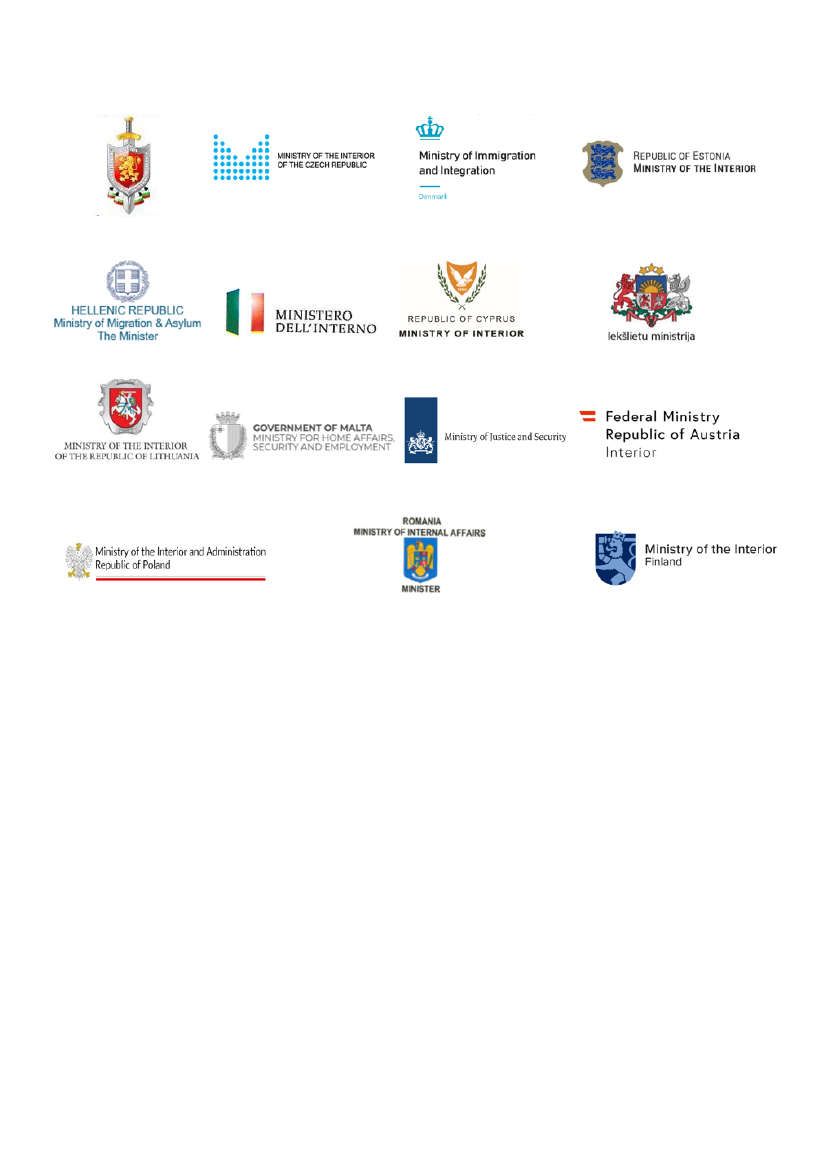
Sofia, Prague, Copenhagen,
Tallinn, Athens, Rome,
Nicosia, Riga, Vilnius, Valletta,
The Hague, Vienna, Warsaw,
Bucharest, Helsinki
To the attention of:
Ms Ylva Johansson, Commisisoner for Home Affairs
Ms Ilze Juhansone, Secretary-General of the Commission
Mr Gert Jan Koopman, Director-General for the Directorate-General for
Neighbourhood and Enlargement Negotiations
Mr Anthony Whelan, Acting Head of Cabinet of President von der Leyen
Ms Beate Gminder, Acting Director-General for the Directorate-General for
Migration and Home Affairs
Ms Åsa Webber, Head of Cabinet of Commissioner Johansson
Ms Charmaine Hili, Migration and Home Affairs Adviser in the Cabinet of
President von der Leyen